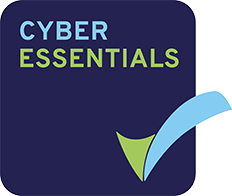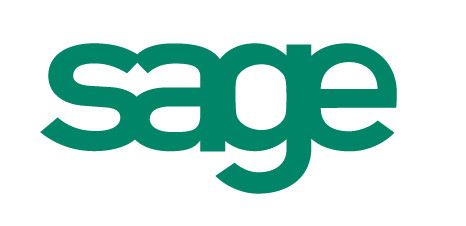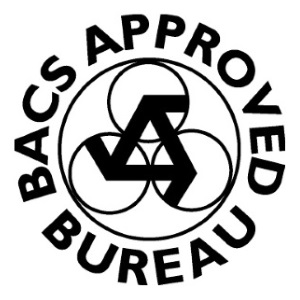What does the Spring Budget mean for you?
Chancellor Sunak’s Spring Budget promised money for roads, rail and (of course) coronavirus measures – but what does the Budget mean for you and your business?
Small businesses
Firstly, coronavirus measures. Statutory sick pay rebates to small businesses with under 250 employees from day 1 of isolation, helping staff to stay at home and hopefully slowing the spread of the virus. For the self-employed and people working in the ‘gig economy’, the government has promised help including business support and better and easier access to benefits.
Business rates, which have been blamed for the decline of the UK high street, have been abolished for retailers with premises with a rateable value of up to £51,000. Business rates relief has been extended to leisure and hospitality businesses, with further relief for small pubs. The 700,000 small businesses already eligible for 100% rates relief will receive a £3,000 cash payment.
The Chancellor acknowledged the current difficulties experienced by small businesses, with a promised £1bn of lending via a government-backed loan scheme, with government backing 80% of losses on bank lending. Businesses and individuals with cash flow difficulties promised ‘Time to Pay’ their taxes with a dedicated HMRC helpline.
Employment Allowance for small businesses increased from £3,000 to £4,000 of Employers’ NIC. Research & Development expenditure credit increased from 12% to 13% and Structures and Buildings Allowance increased from 2% to 3%.
Rather than the expected abolition of Entrepreneurs’ Relief, the Chancellor will reduce the lifetime limit for relief from £10m to £1m. About 80% of small businesses are not affected. The reforms save £6bn over the next five years
Tax and savings
As expected, there were no changes to personal income tax allowances and rates: 2019/20 figures continue for a second year. There was an increase in threshold for National Insurance Contributions from £8,632 to £9,500, a tax cut which means employees earning more than £9,500 will be around £100 a year better off.
The ISA allowance remains £20,000 per year, but Junior ISA/Child Trust Fund limits rise from £4,368 to £9,000.
No change announced to new rules for reporting and paying CGT on chargeable residential property, so the deadline for payment becomes 30 days.
Pensions and Payroll
The Lifetime Allowance for pensions increased in line with inflation to £1,073,100. There is an increase in thresholds for ‘Annual Allowance pensions taper’ from £110,000 and £150,000 to £200,000 and £240,000, so annual allowance is tapered down if ‘threshold income’ exceeds £200,000 and adjusted income exceeds £240,000. The minimum annual allowance is reduced from £10,000 to £4,000.
No changes were announced to ‘off-payroll working’ (IR35) rules, so they will apply to larger private sector employers from 6 April 2020 as previously announced.
Infrastructure
The Government announced it will be tripling its investment in transport and infrastructure spending, including £27bn on more than 4,000 miles of roads. £5bn of funding will be invested in gigabit-capable broadband.
In housing, almost 70,000 homes will be built in high-demand areas. A move that will be universally welcomed was a Grenfell building safety fund worth £1bn, to help to remove cladding from tall residential buildings. Around £650m of funding will be made available to help rough sleepers into accommodation.
Tax measures coming into effect later
- VAT ‘Domestic Reverse Charge’ on construction services, deferred from 1 October 2019, was confirmed for introduction on 1 October 2020.
- VAT zero-rating to apply to digital versions of newspapers and books as well as printed versions from 1 December 2020.
- Abolition of VAT on women’s sanitary products from 1 January 2021.
- VAT on imports to be dealt with by ‘postponed accounting’ (on the VAT return, not on the docks) by businesses from 1 January 2021.
- Stamp Duty Land Tax surcharge of 2% introduced for non-resident buyers of UK property from 1 April 2021.
- Tax relief on ‘red diesel’ removed for most sectors but retained for agriculture, home heating and rail in April 2022.
- New plastic packaging tax for manufacturers in April 2022, as well as a shift in Climate Change Levy from electricity to gas.
To receive our book of Budget outcomes and a handy pocket tax planner for the year, please get in touch here. To subscribe to our newsletter, visit here.
.











